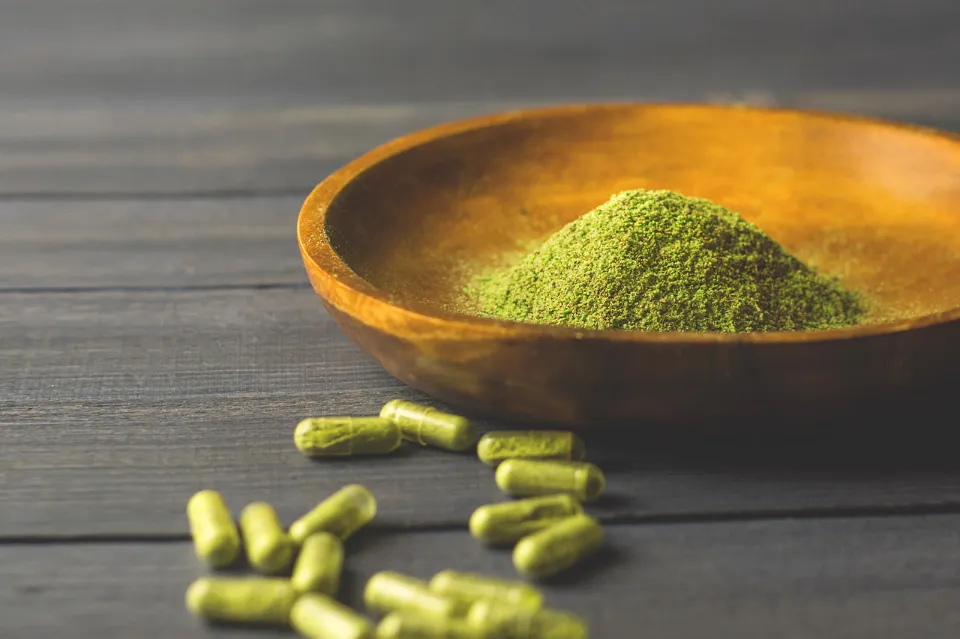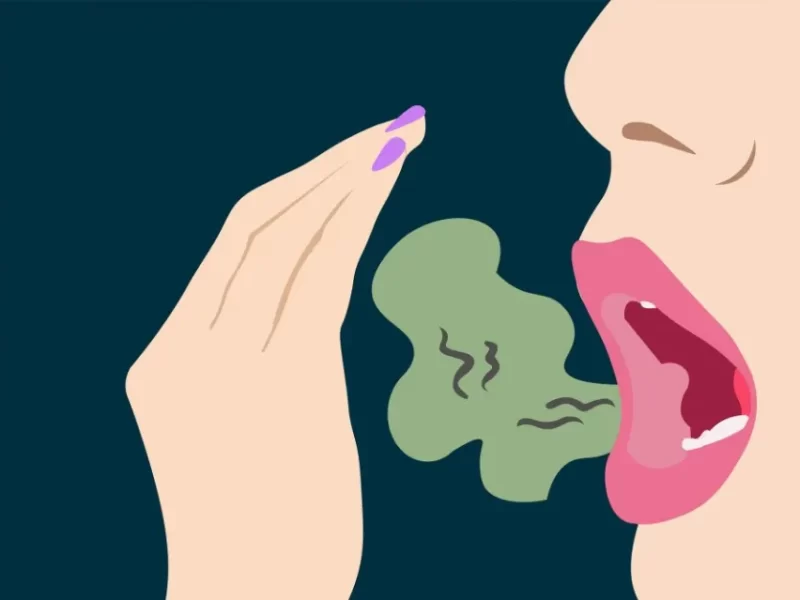The stress we place on our liver over time can result in serious complications and health issues. Now, if you’re using kratom, it’s only natural to wonder, “What kind of liver damage can kratom cause?”
You would want to know if consuming kratom on a regular basis will significantly strain this important organ or if it will be similar to consuming coffee, the herb’s botanical cousin. Its duration in your body is something you should find out. It pays to be aware of the information that is already available so you can make an informed decision about whether you should use kratom or not, even though more research is needed to determine whether kratom causes liver damage.
To understand how kratom affects the body, however, we must first understand what it is and how the liver functions.
What is Kratom?
Kratom is an herbal extract produced from the leaves of the Mitragyna speciosa plant, a tropical evergreen tree native to It has been used as an alternative to opium during opium withdrawal for years as a natural herbal remedy for treating diarrhea and chronic pain in Southeast Asia.
Because it is marketed as a supplement made from plants, kratom’s popularity has recently increased. Plant-based does not equate to safe in this instance.
The psychoactive and opiate-like effects that kratom extracts can have can make them addictive. According to a 2019 report by the Kratom has the potential to be abused, and more medical professionals need to be aware of this, according to the American Association for the Study of Liver Diseases.

Many people believe that because kratom is legal on a federal level in the United States, it is safe to use; however, this isn’t the case for the majority of users. One of the numerous side effects that users may encounter if they abuse kratom is liver toxicity.
Kratom is frequently offered for sale as a green powder that is designated as a jewelry cleaner and not for human consumption. The use of kratom is expanding as more patients look for what they believe to be a more natural method of pain relief. Agitation, tachycardia (rapid heartbeat), drowsiness, vomiting, and confusion are the most frequently mentioned adverse effects of kratom. In between 2% and 6% of users, severe side effects like hallucinations, seizures, respiratory depression, and coma were reported.
How Does Kratom Affect the Liver?
The kratom’s active components are a collection of about 12 alkaloids. Each of these alkaloids must first undergo liver metabolism before being expelled from the body, primarily through the kidneys.
This also holds true for the majority of supplements and prescription drugs. The amount of alkaloids that kratom offers is what distinguishes it from other substances. The liver has to work harder to effectively process them all because of this.
You probably won’t have any issues metabolizing kratom if your liver is healthy, and you won’t need to be concerned about liver damage. However, the likelihood of developing a kratom-induced liver injury is high if you have a genetic defect, preexisting liver damage, or kratom sensitivities. This is also true if you’re using drugs or alcohol that can harm your liver.
Mitragynine is currently the alkaloid in kratom that is most prevalent. For the liver enzyme CYP2D6 to properly process this substance. Additionally, CYP2C9 and CYP3A4 enzymes are needed. As a result, you run a higher risk of liver damage or failure if you struggle with this pathway in any way or if you take drugs that affect these enzymes.
Signs and Symptoms of Liver Damage
Abdominal pain, headaches, persistent indigestion, bloating, dizziness, and nausea are frequently the first symptoms of drug-induced liver disease or damage. The skin may turn yellow (jaundice), the urine may be dark, and the stool may be light colored if you have severe liver damage or kratom liver failure.
In order to look for indications of liver damage, you should seek medical attention as soon as you experience these symptoms. You will be subjected to examinations that look for markers like elevated bilirubin levels, ALT (alanine aminotransferase), and AST (aspartate aminotransferase).
Does Kratom Liver Toxicity Go Away?
When a user stops using kratom, the liver toxicity does indeed disappear. Kratom users should not resume using it after stopping if they had liver issues while using it. The man displayed the same symptoms as before as soon as he resumed using kratom in the first study we previously discussed.
If you have experienced liver issues as a result of taking this herbal supplement, we strongly advise that you stop taking it right away (if you haven’t already) and steer clear of it going forward.
Kratom is a supplement cause for concern because there is still so much to learn about it and how it affects the body. Because kratom has side effects that are comparable to those of other addictive drugs, like cocaine and opioids, users are likely to become addicted to it as well. Additionally, it’s impossible to predict what kratom will do to your mental health.
Our Banyan rehab in Boca Raton can assist if you’ve started using kratom and are having trouble stopping. In order to help people with drug and alcohol use disorders recover from the negative effects of addiction on their bodies and minds, we provide dual diagnosis treatment as well as other services.

Is It Possible to Use Kratom Safely?
Despite the fact that kratom is conventional medicine, new research suggests that it is best to stay away from this substance. The stimulatory properties of kratom, which are similar to those of coffee, make it popular among laborers in rural Southeast Asia. Despite being widely used, kratom has been outlawed in Malaysia and Thailand due to its potential for addiction and growing dependence on the drug.
Over 1,800 calls for kratom-related issues were made to American poison control centers between 2011 and 2017, according to reports. The majority of these calls came in the last two years of that time period, indicating a sharp rise in the number of people using kratom recreationally.⁷
Kratom consumption puts not only your liver at risk, but other organ systems as well, even if only used temporarily. An animal study has found that even when used for a short period of less than 28 days, a range of adverse effects and toxicities to the liver, kidney, and lungs were found. This suggests that kratom is harmful to both the physiology of humans and animals. The existence of a verified safe way to use this supplement is therefore unlikely.⁸
It is strongly advised that you first consult your doctor if you are considering using kratom as a recreational drug or an analgesic (pain reliever).
Summary
Despite the fact that kratom is a natural substance, it is not necessarily safe. Numerous cases of liver damage and deaths associated with kratom have been linked to the drug. For any reason, it is not advised to use kratom. Before using any new substance for medical or recreational purposes, you should always consult a doctor.
FAQs
How Does the Liver Work?
After being absorbed into the gut, toxic substances are removed from the bloodstream by the liver, acting as a filter. The body’s other proteins and fat are also metabolized and synthesized in large part by the liver.
Does Kratom Cause Hepatitis?
Inflammation of the liver, or hepatitis, can be brought on by kratom.



